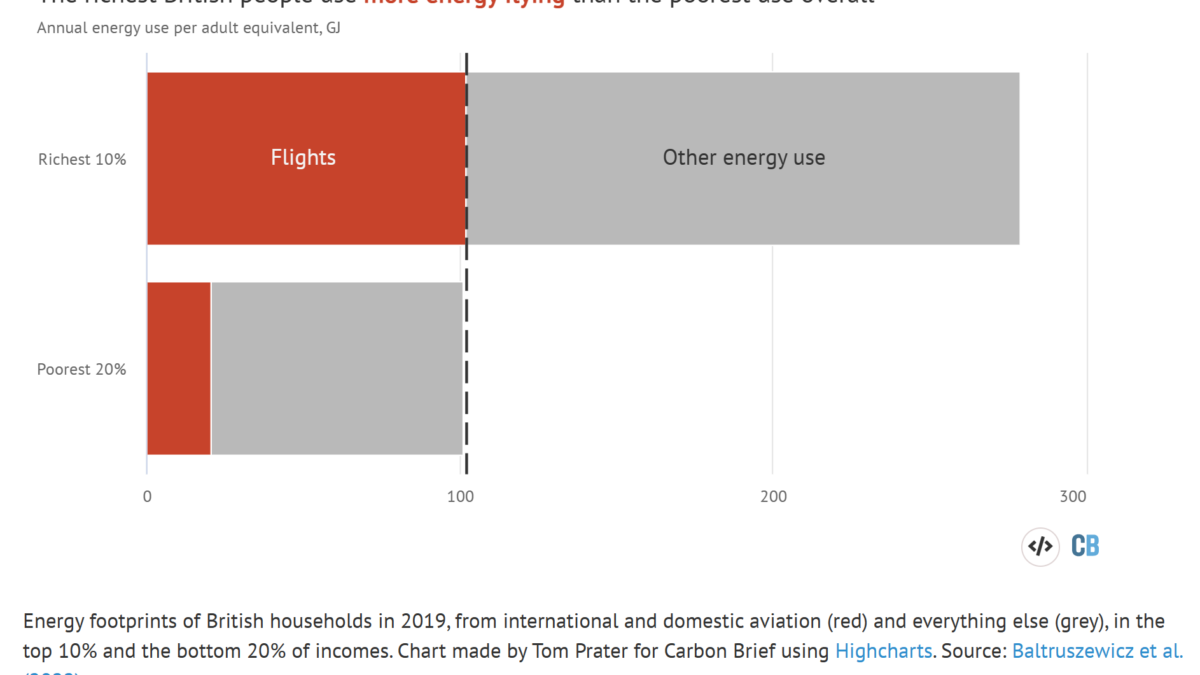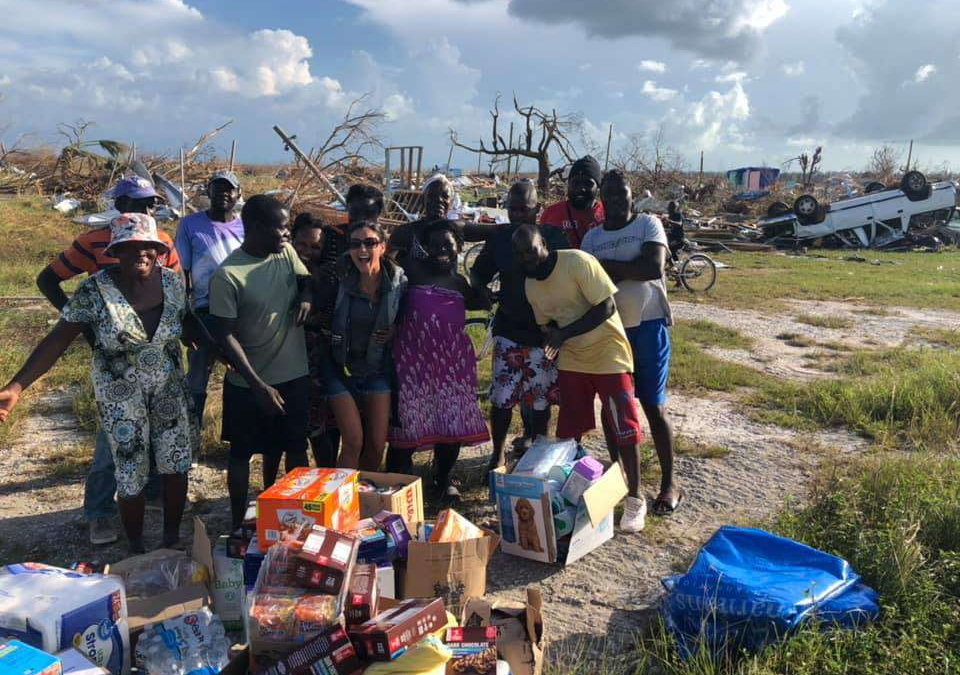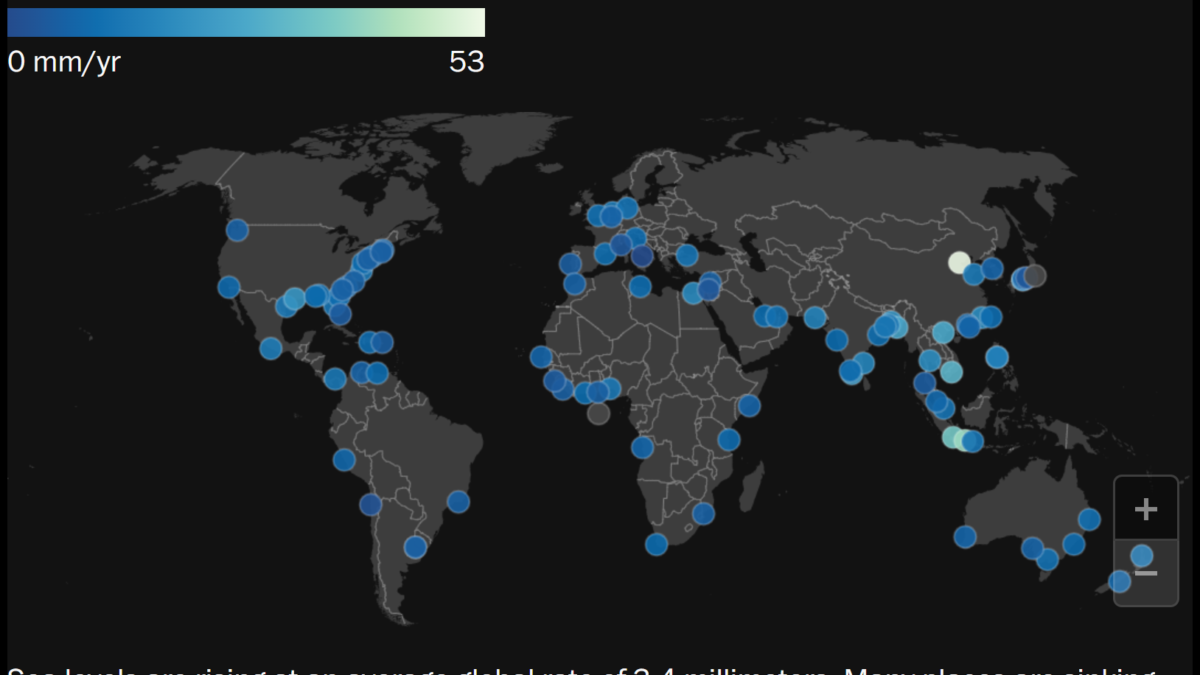Life in India’s first city that’s almost out of water – “I’m scared for my daughter”
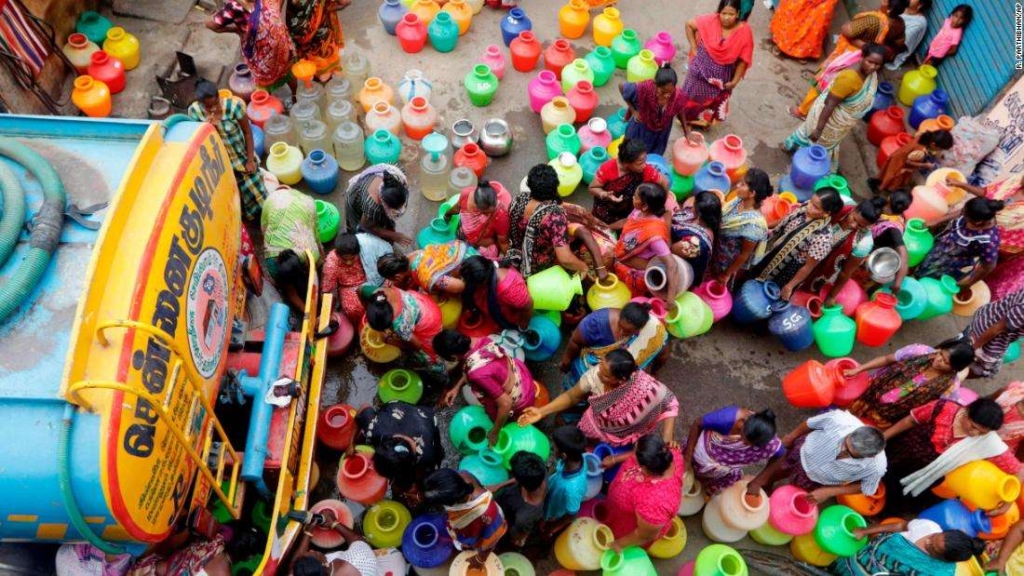
By Divya Karthikeyan and Swati Gupta
22 June 2019
Chennai, India (CNN) – As Manjula Sridhar went into the operation theater of a maternity ward in Chennai, the capital of the southern Indian state of Tamil Nadu, her mother began arguing with the doctor over a water shortage that threatened to delay the delivery.
Cradling her little girl, Sridhar recalls the doctor saying that they would have to wait for a water tanker to arrive because all the water in Egmore’s Government Hospital for Women and Children had run out.
“We have a problem at home and we have a problem here in the hospital. How can we trust our own government?” Sridhar said.
The problem is Chennai has become the first major Indian city to face an acute water shortage.
Every morning, millions of residents line up daily to fill cans and pots of water from state water trucks across the city.
Some residents get their rationed quota of water daily, while others get it once a week. People are having to wash utensils in the same dirty water, saving a few bottles of clean water to cook food.
But it is the city’s essential services that have been the hardest hit: hospitals, businesses, and schools have struggled to stay afloat. […]
Four reservoirs, which supply Chennai’s water, have almost run dry. And the groundwater levels have dropped drastically over the years.
“Because the level of water in the reservoirs has gone down, and due to less rainfall … a drinking water problem has arisen in Chennai,” said Edappadi K. Palaniswami, chief minister of Tamil Nadu Friday. […]
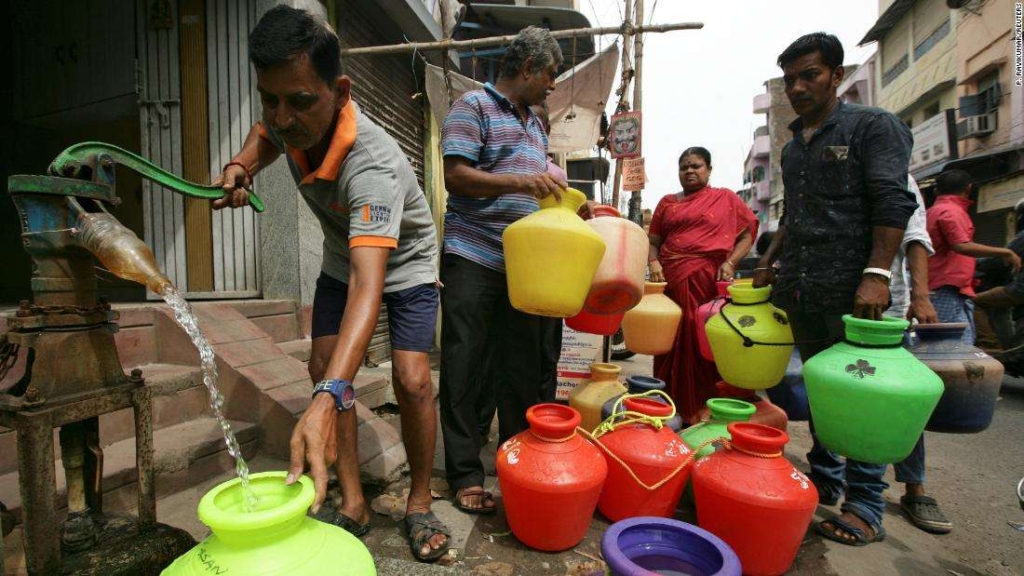
The shortage in India’s sixth largest city is symbolic of a crisis that is being felt across a country battling with one of its longest heatwaves, which has killed at least 137 people.
India has been inching closer to a debilitating water crisis for months. With poor water management and unsupervised groundwater extraction, experts said that 600 million of India’s 1.3 billion people are facing acute water shortage.
According to a report released by Niti Aayog — a government-run think tank — 21 major cities including New Delhi will run out of groundwater by 2020.
“This crisis is further driven by a poorly defined legal framework for groundwater that rests ownership with landowners and leads to unchecked extraction. This crisis is most acute in the Indian agriculture sector, where groundwater accounts for 63% of all irrigation water,” states the report. […]
“I’m scared for my daughter,” Sridhar said. “If we already have water problems now, how am I going to make sure that she has water to drink tomorrow?” [more]
‘I’m scared for my daughter’: Life in India’s first city that’s almost out of water
